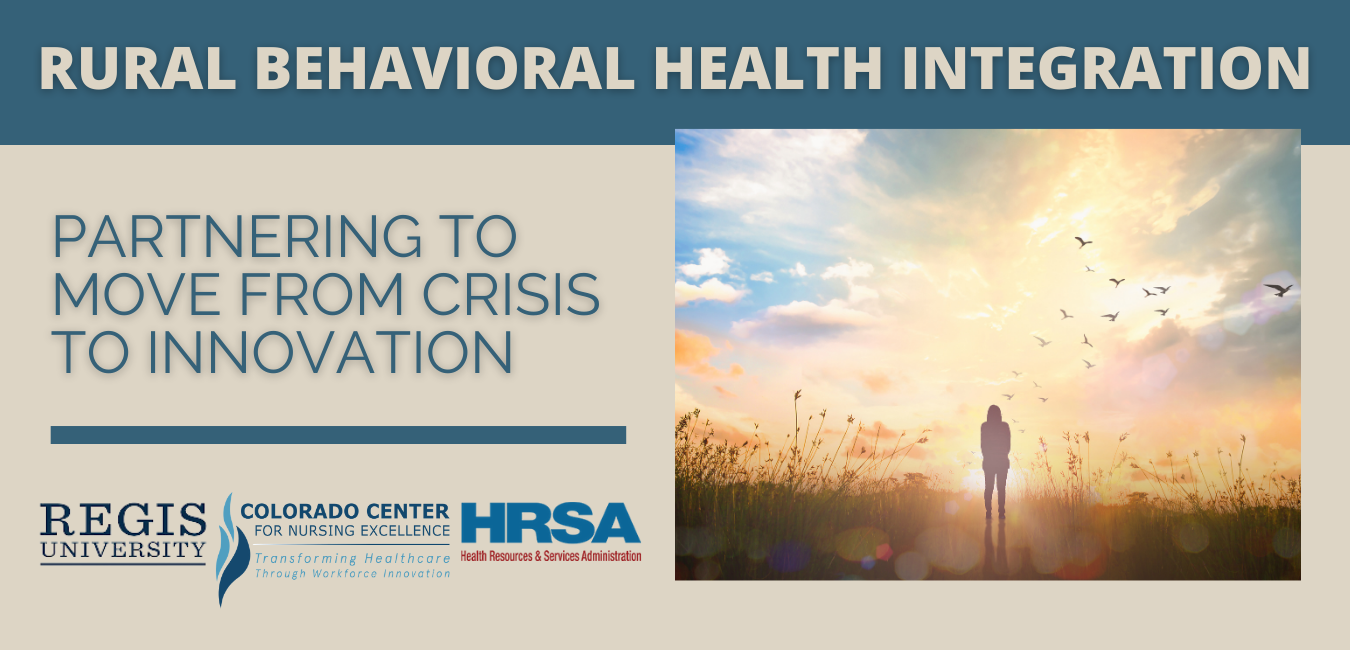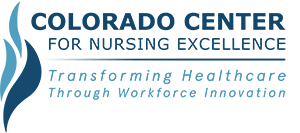
Pre-COVID, Colorado ranked sixth nationally for suicides, with rural communities suffering the greatest loss. Over 45% of suicides consulted a primary care provider within one year preceding death. Unfortunately, the majority of primary care providers lack the knowledge, skills, and access to mental health services. Racial inequality and injustice further add to the disparity in care. To address this complex problem, we developed a collaborative and innovative strategy.
This program involves multiple “evidence-based” strategies that integrate primary care and behavioral health in one place. Recognizing that both medical and behavioral health factors are important aspects of whole-person care, medical and behavioral health clinicians are no longer siloed from one another. They learn to work as a team to deliver same-day patient-centered care in the clinic. Patients are seen by a “Behavioral Health Consultant” (BHC) alongside their primary care providers as part of their primary care office visit. This ensures same-day access to care, improved patient and provider outcomes, and a reduction in costs and unnecessary delays in care.
Regis University, the Colorado Center for Nursing Excellence, three rural nurse-led primary care clinics, and three schools of nursing partnered for a three-year HRSA-funded grant to integrate culturally inclusive behavioral health in rural communities. The program involves multiple evidence-based strategies for three main priorities:
1) Behavioral health integration (BHI) in all three clinics to a SAMHSA level 6 of integration
2) Professional development through coaching, synchronous and asynchronous training on BHI (Behavioral Health Integration), interprofessional teams, bias in mental health, and creating a culture of retention
3) education of pre-licensure and NP-level nursing students on culturally-sensitive behavioral health care
Through a three-year grant funded by the Nursing, Education, Policy, Quality and Research (NEPQR) – Behavioral Health Integration (BHI) division of HRSA, and awarded to Regis University, we are integrating 3 APRN-led clinics to full behavioral health integration. Those clinics are Rocky Ford Family Health Center in Rocky Ford, Alpine Medical Specialty Practice in Pagosa Springs, and Four Corners Youth Clinic – two school-based health centers – in Cortez and Dolores.
In addition, we have partnered with 3 schools of nursing: Regis University (HRSA Grantee) (BSN and NP Students), Colorado State University at Pueblo (BSN and NP Students), and Otero Junior College (ADN Students) to educate and advocate for cultural awareness and bias in mental health care. In addition, we have started collaborating with other schools to expand knowledge of and urgency around this critical work.
Our collective aim with this effort is to disseminate best practice recommendations to advocate for and empower rural communities in Colorado and beyond to take action on the rural mental health crisis by using evidence-based integrated care models to transform their practice into primary care behavioral health clinics.
For additional information about this program, contact our Project Director, Tiffany Chohfi: Tiffany@coloradonursingcenter.org
This project is supported by funds from the Bureau of Health Workforce (BHW) Health Resources and Services Administration (HRSA), Department of Health and Human Services (DHHS) under grant number UK1HP31720, titled “Achieving Systemic Impact: A Statewide Primary Care Nursing Collaborative”. This information or content and conclusions are those of the author and should not be construed as the official position or policy of, nor should any endorsements be inferred by the BHW, HRSA, DHHS or the U.S. Government.
We couldn’t do this important work without the partnership of CFHA and the Interprofessional Primary Care Institute of Oregon.

